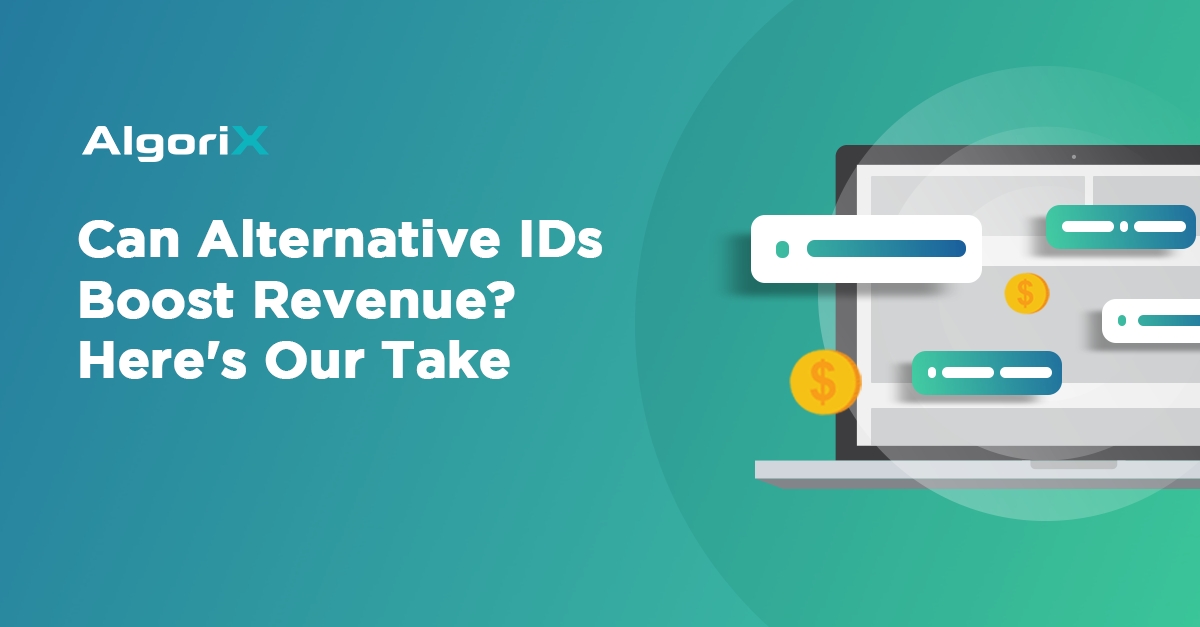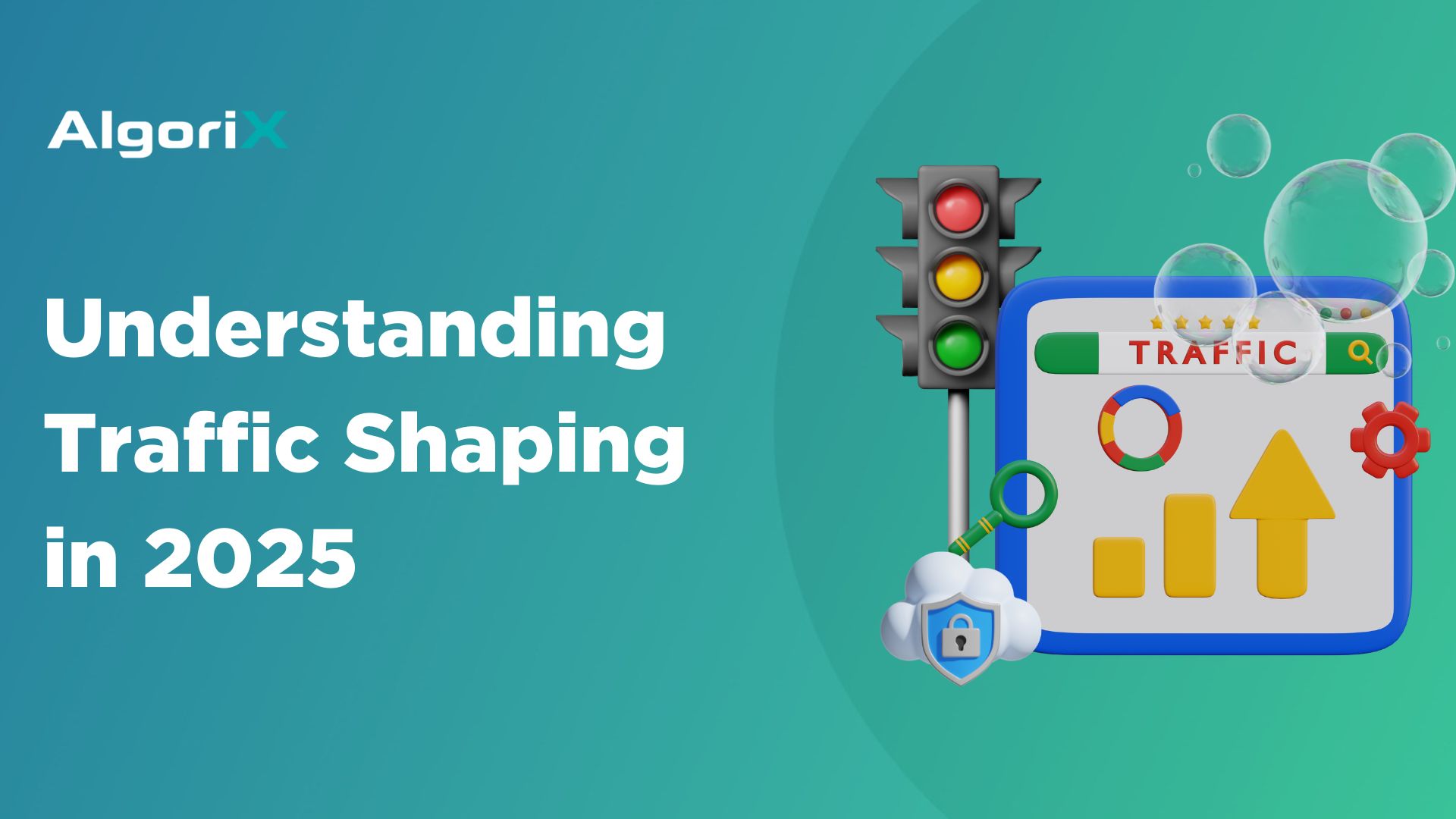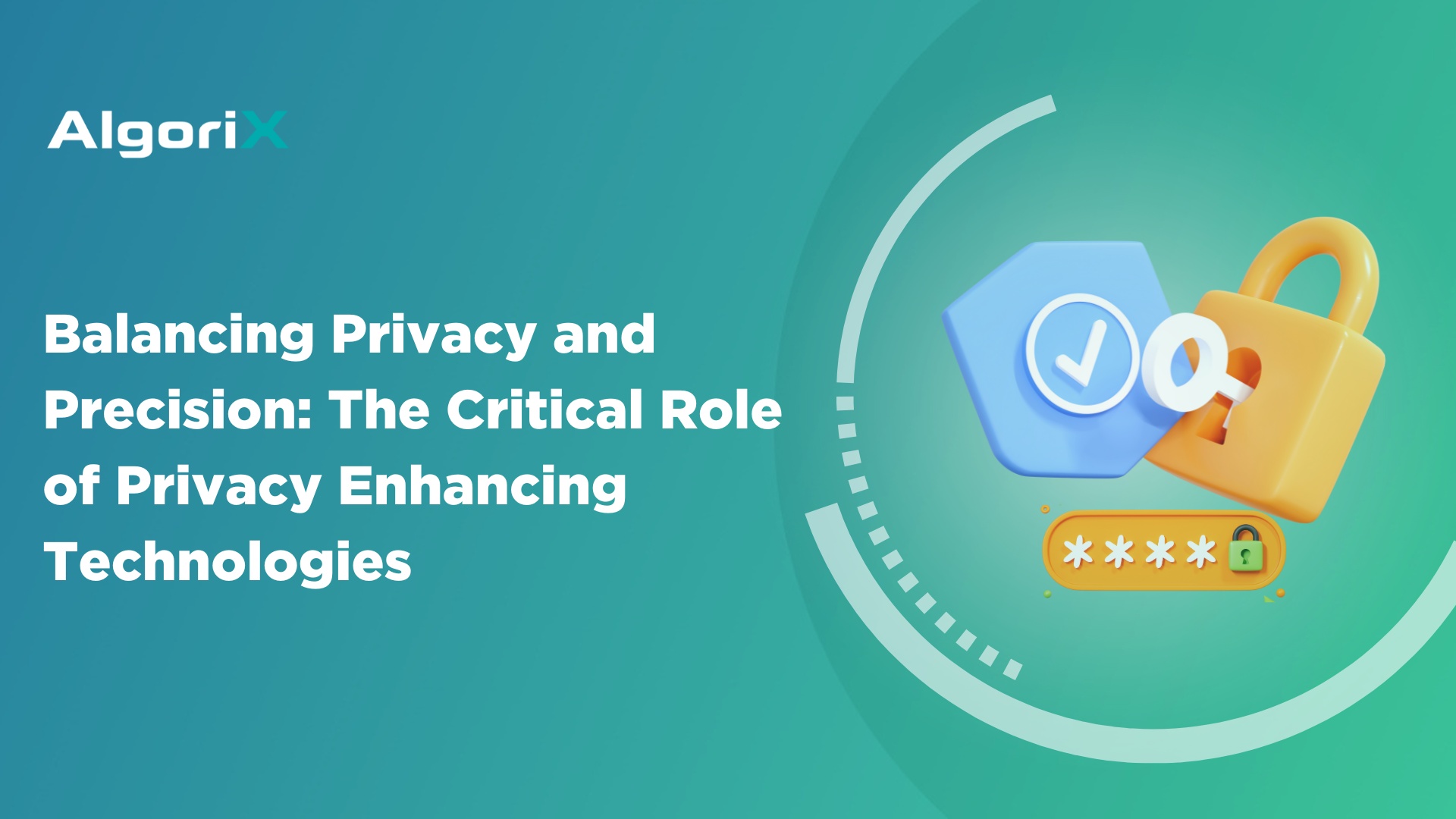The delay in the deprecation of third-party cookies by Google has once again highlighted the urgency for alternative identifiers (IDs). With Google extending the cookie phase-out deadline to 2025, the adoption of these IDs has accelerated. These alternative IDs are becoming crucial for publishers and advertisers, aiming to reconcile the pressing need for user privacy with the undiminished demand for personalized advertising.
But what exactly are they, and how do they improve one’s bottom line?
Exploring Alternative IDs
Alternative IDs offer a path to maintaining the efficacy of digital advertising in a privacy-first world. Unlike third-party cookies, these identifiers rely on first-party data and user consent, thus aligning with current privacy regulations.
These identifiers may replace third-party cookies by providing a privacy-first approach to tracking user behavior across websites without compromising personal information. To recognize users, these IDs use encrypted email addresses, device IDs, or other non-personally identifiable information (PII). With it, advertisers and publishers can continue to deliver personalized content and ads in a cookieless future.
Unified ID 2.0 and RampID have emerged as frontrunners in the race to replace traditional tracking mechanisms. Unified ID 2.0 operates on an open-source framework that relies on consented user information, providing a more transparent tracking alternative.
Meanwhile, RampID, by LiveRamp, focuses on connecting data securely across the digital ecosystem, ensuring user anonymity while delivering accurate targeting capabilities.
Both IDs promise to uphold user privacy while ensuring advertisers and publishers can continue to provide personalized experiences.
Benefits of Alternative IDs
The transition to alternative IDs holds significant potential for revenue growth for publishers and advertisers alike. Let’s break down the impact on publisher CPMs and the enhancement of user authentication.
Enhancing User Authentication and Privacy
The transition towards alternative IDs caters to the growing demand for privacy and opens new avenues for enhancing user authentication.
Publishers can secure a more stable and reliable data foundation by encouraging users to self-authenticate. This enriches user profiles and enables more targeted and effective advertising. As such, it can potentially increase the value of ad impressions.
Advantages for Publishers and Advertisers
With the decline of third-party cookies, publishers face the challenge of maintaining ad revenue. Alternative IDs offer a solution by enabling targeted advertising without compromising user privacy.
This targeting capability can increase the value of ad inventory, as advertisers are willing to pay higher CPMs for precision in reaching their desired audience. Early adoptions show promising results, with some publishers experiencing a noticeable uplift in CPMs when using alternative IDs.
Publishers that adopt and adapt to alternative IDs will be better positioned to navigate future changes and challenges. Building a foundation on privacy-compliant and user-centric advertising practices allows publishers to have a sustainable revenue model less vulnerable to regulatory shifts and changes in consumer behavior.
Technical Implementation and Partnerships
Adopting alternative IDs requires careful planning and consideration of technical integration, privacy regulations, and transparency toward users.
Implementation should seamlessly integrate alternative IDs into existing ad tech stacks. Publishers and advertisers must collaborate with technology partners that offer robust support for these new identifiers. This includes ensuring compatibility with ad servers, DSPs, and SSPs and testing for any potential impact on site performance or user experience.
A notable example of industry collaboration in this space is the partnership between LiveRamp and AlgoriX. This alliance aims to enhance addressability within the mobile advertising ecosystem, demonstrating the potential of strategic partnerships to facilitate the adoption of alternative IDs and bolster the digital advertising landscape.
Challenges and Best Practices
Challenges
Adopting alternative IDs presents challenges, including technical integration, scale, and user acceptance. The fragmentation of alternative ID solutions can lead to complexities in implementation and achieving widespread adoption among publishers, advertisers, and technology providers.
Moreover, educating users about the benefits and workings of alternative IDs is essential to gaining their trust and consent. These aspects are critical for the effectiveness of personalized advertising in a privacy-focused world.
With the global emphasis on data privacy, compliance with regulations such as GDPR in Europe and CCPA in California becomes paramount.
Best Practices
To successfully navigate these challenges, follow these best practices:
-
Collaborate Across the Ecosystem: Work closely with technology providers, other publishers, and advertisers to ensure interoperability and standardization among alternative ID solutions. This collaboration can help achieve the scale necessary for effective targeting and measurement.
-
Invest in User Education: Develop clear, engaging communication strategies to educate users about the benefits of alternative IDs and how their privacy is protected. Transparency in these communications can increase user trust and consent rates.
-
Prioritize Privacy and Security: Design and implement alternative ID solutions with privacy and security as foundational elements. This includes adhering to privacy-by-design principles and regularly auditing and updating data protection measures.
-
Leverage First-Party Data: Encourage the collection and use of first-party data within the framework of alternative IDs. This data is directly collected from your audience and can provide a valuable, privacy-compliant basis for personalized advertising.
Step into a New Digital Frontier with Alternative IDs
So, can alternative IDs boost publisher revenue? Our take? Yes, if done with the right system partner like AlgoriX.
The shift towards alternative IDs represents a significant step into a new digital frontier that balances the demand for personalized experiences with the imperative of privacy protection.
As early tests show promising results in revenue uplift for publishers, a collective move towards these new identifiers could mark the beginning of a more sustainable, privacy-conscious advertising ecosystem.













